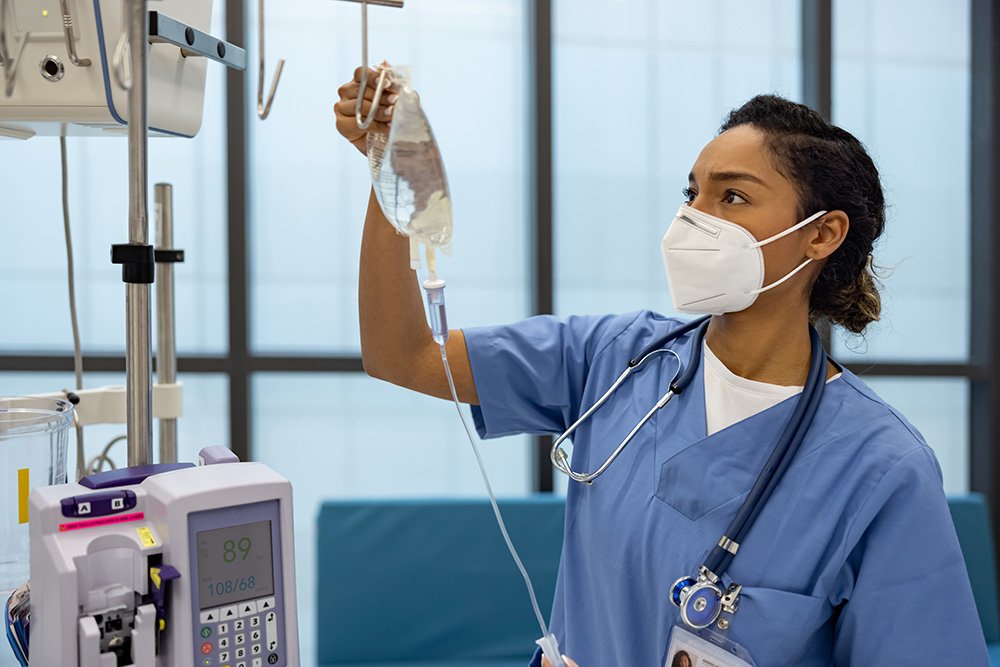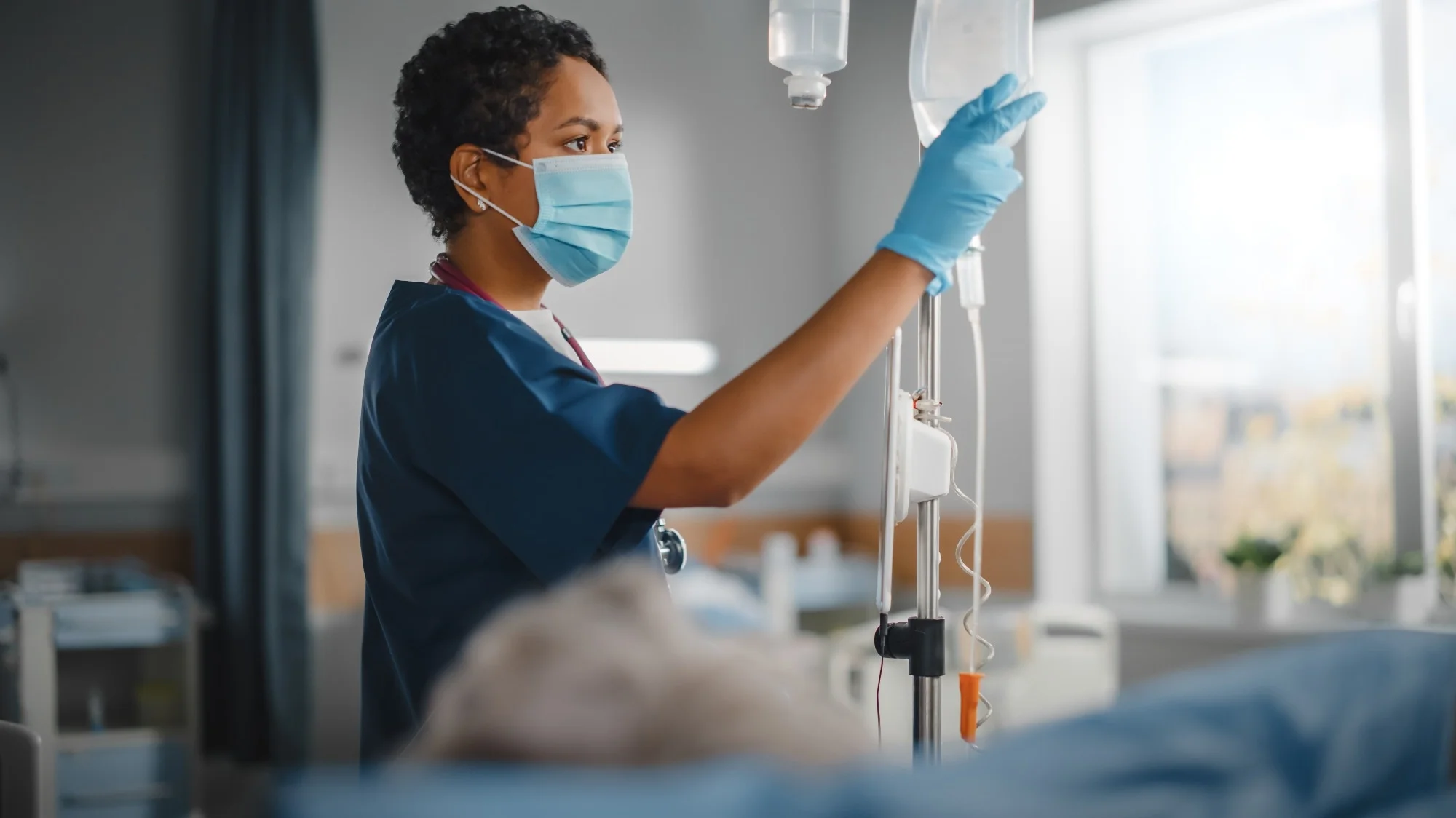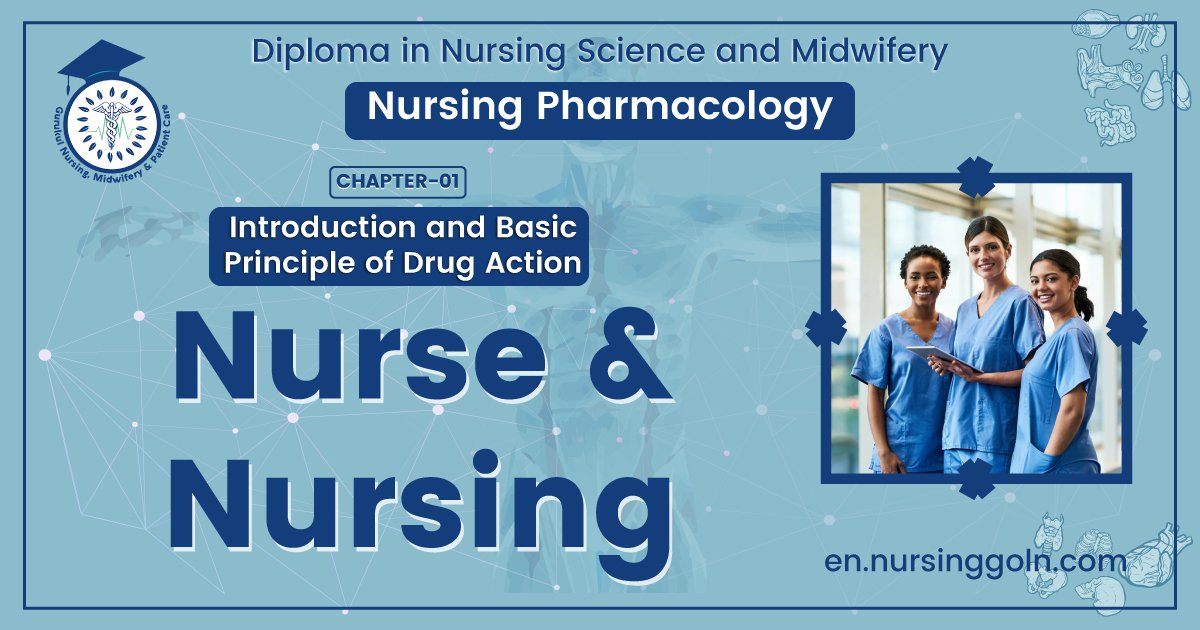Nurse and Nursing – This book covers the entire syllabus of “Pharmacology” prescribed by BNMC- for diploma in nursing science & midwifery students. We tried to accommodate the latest information and topics. This book is an examination setup according to the teachers’ lectures and examination questions.
At the end of the book, previous questions are given. We hope in touch with the book students’ knowledge will be upgraded and flourish. The unique way of presentation may make your reading of the book a pleasurable experience.

Nurse and Nursing
According to World Health Organization (WHO)
“Nursing is an art and science based on knowledge, skill, and attitudes, aimed at assisting the individual, family and community in health and illness, to maintain health, to prevent illness, to alleviate physical, biological and psychological pain, to avoid complication and to fulfill self- reliance in meeting daily health needs.”
(Ref by- Capt. (Retd.) Alphonsa Jacob/Fundamentals of Nursing/Vol-1/6/14)
Or,
According to Florence Nightingale
“What nursing has to do is to put the patient in the best condition for nature to act up on him”
(Ref by- Capt. (Retd.) Alphonsa Jacob/Fundamentals of Nursing/Vol-1/6/14)
(Another Definition According to Florence Nightingale) Florence Nightingale defined nursing over 150 years ago as-
“The act of utilizing the environment of the patient to assist him in his recovery”
(Ref by-Selim Reza/13/556)
Or,
According to the International Council of Nurses (ICN, 2003):uncl
Nursing encompasses autonomous and collaborative care of individuals of all ages, families, groups and communities, sick or well and in all settings. Nursing includes the promotion of health, prevention of illness, and the care of ill, disabled and dying people. Advocacy, promotion of a safe environment, research, participation in shaping health policy and in patient and health systems management, and education are also key nursing roles.
(Ref by- BT Basavanthappa/2/37)
Another definition of nursing by ICN, according to belief of Virginia Henderson (1966)
“Nursing is the unique function of the nurses, that is, to assist the individual (sick or well) in the performance of those activities contributing to health or its recovery that he would perform unaided if he had the necessary strength, will or knowledge”.
(Ref by- Capt. (Retd.) Alphonsa Jacob/Fundamentals of Nursing/Vol-1/6/14)
According to American Nurses Association (ANA):
Nursing is the protection, promotion, and optimization of health and abilities, prevention of illness and injury, facilitation of healing, alleviation of suffering through the diagnosis and treatment of human response, and advocacy in the care of individuals, families, families, groups, communities, and populations.
(Ref by-Selim Reza/13/556)
Shetland (1965) defined nursing as “The process by which a nurse uses particular skills and knowledge to assist another individual to identify and deal with health and illness needs”.
(Ref by-Selim Reza/13/556)
Definition of Nurse:
According to the International Council of Nurses (ICN):
“A nurse is a person who has completed a program of basic nursing education and is qualified and authorized in his or her country to provide responsible and competent professional service for the promotion of health, the prevention of illness, the care of the sick, and rehabilitation.
Or,
A nurse is a highly skilled health care professional who combines the art of caring with scientific knowledge and skills developed through their education and career.
Importance of Pharmacology in Nursing:
- Understand drugs and how they can affect living things
- Know the right dosage of drugs and not just quantity
- Identify and respond to drug interactions, reactions and side effects and treat accordingly
- Know when to use drugs because some conditions do not need drug therapy
- Understand the process of drug intake, absorption, distribution, metabolism and elimination.
- Identify the properties of ideal drugs and otherwise it will create problem.
- Know the application of pharmacology in nursing with regards to the right of medication administration.
Liberal Meaning of the Word NURSE:
N=Nobility, Knowledge.
U-Understanding, Usefulness.
R=Responsibility, Regularity.
S=Sympathy, Simplicity,
E=Empathy, Efficiency.
Objectives of Nursing:
1. To promote health.
2. To prevent illness.
3. To restore health.
4. To facilitate coping with disability or death.
5. To help ill-person to healing (to assist healing)
6. To assist the dying patient to pass away with quietude, peace, and dignity, (to ease suffering)
7. To conserve life.
8. To alleviate suffering.
9. To give psychological support.
Unique Function of Nurse:
The unique function of the nurse is to assist the individual, sick or well, in the performance of those activities contributing to health or its recovery that he would performed unaided if he had the necessary strength will or knowledge and to do this in such a way as to help him gain independence as rapidly as possible.
The unique function of a nurse-
1. To give skilled bedside nursing care to the patient
2. To coordinate the activities of all health personnel regarding patients care
3. To conduct field assessment of patients overall situation and
4. To be sure patients are referred to the proper place for service.

The Nurses’ Roles and Competencies Required in Promoting, Maintaining and Restoring Health:
The nurses’ roles and competencies required in promoting, maintaining and restoring health are-
1. Care giver
2. Teacher
3. Counselor
4. Diagnostic and monitoring role
5. Administering and monitoring treatment regimens
6. Manager
7. Researcher
8. Monitoring and ensuring care quality.
9. Change agentas
10. Client advocate

| Nurses Roles | Description |
| 1. Care giver | a) As a caregiver, a nurse provides hands-on care to patients in a variety of settings. b) This includes physical needs, which can range from total care (doing everything for someone) to helping a patient with illness prevention. c) The nurse maintains a patient’s dignity while providing knowledgeable, skilled care. |
| 2. Teacher | a) Educate patient to develop self-care abilities b) Provide knowledge to allow pt. to make informed decisions c) Demonstrate needed skills d) Promote health, prevent illness, restore health & facilitate coping |
| 3. Counselor | a) Assist and guide patient in solving problems or making decisions b) Utilize the interpersonal (helping) relationship c) Provides emotional, intellectual to and psychological support |
| 4. Diagnostic and monitoring role | This is a critical role that nurses do on a regular basis to identify nursing problems: a) In some groups of patients such as those in critical care settings. b) In some vulnerable groups such as the elderly or patients with impaired cognitive function, this role is prominent and requires knowledgeable and skillful nurses to early detect serious problems. c) Being assessors, nurses identify problems, causes and risk factors. d) Therefore they are able to alleviate suffering, prevent complications and relapse of their client health problems. |
| 5. Administering and monitoring treatment regimens | Nurses as treatment caretaker- a) Nurses work in collaboration with physicians. b) Physicians’ prescriptions are delivered to the patients by nurses. Such as –
c) Carrying out this role, the client receives full range of treatment regiments. |
| 6. Manager | a) Plans b) Organizes c) Directs d) Controls e) Delegates |
| 7. Researcher | a) Collect data to improve nursing practice b) Provides info for evidenced-based practice c) Studies are done on nursing practice, education & administration d) Provides professionalism to nursing |
| 8. Monitoring and ensuring care quality | a) Nurses are also involved in evaluating and modifying the overall quality of care given to groups of clients. b) Nursing efforts are to monitor and improve patient care services through quality assurance, quality improvement. |
| 9. Change agent | a) Initiate changes or assist clients to make modifications in themselves or in the system of care. |
| 10. Client advocate | a) Protect and support the patient. b) Patient representative for All patient. c) Provides explanation in client’s language and support client’s decisions. d) Assertiveness e) Promote self determination |
Other Additional Roles of a Nurse:
| Roles | Description |
| 1. Coordinator | a) Coordinates and plans care b) Piece together fragmented care |
| 2. Communicator | a)Establish rapportano b)Establish therapeutic (helping) relationship c)Be aware of verbal & nonverbal communication d) Assertive communicator |
| 3. Leader | a) Have visions to energize others b) Motivates others to achieve goals c) Encourages others to do their best |
| 4. Motivator | a) Motivation- Internal impulse that allows one to take action or change behaviors. b) Nurses motivate patients to make changes by: having a positive attitude, listening to patient needs, encouraging, rewarding, and devoting time and energy to assist with changes. |
| 5. Critical Thinker | a) A way of looking at problems other than the obvious b) “Thinking outside the box” c) Open to new ideas |
| 6. Innovator | a) Takes action to make things happen b) Initiates change c) Sees a problem and looks for solutions. Instead of, “Oh well, there’s nothing that can be done about it” the innovator will be proactive. |
(Ref by- Capt. (Retd.) Alphonsa Jacob/Fundamentals of Nursing/Vol-1/6/29+Lecture)
Definition of Registered Nurse (RN):
A registered nurse is a graduate trained nurse who has been licensed by a state authority after qualifying for registration.
(Ref by-www.merriam-webster.com)
Or,
A registered nurse (RN) is a nurse who has graduated from a nursing program and met the requirements outlined by a country, state, province or similar licensing body in order to obtain a nursing license. An RN’s scope of practice is determined by legislation, and is regulated by a professional body or council.
Responsibilities of a Registered Nurse:
1. Observing and recording patient behavior
2. Consulting with physicians and other healthcare professionals
3. Establishing treatment plans, operating medical equipment
4. Supervising licensed practical nurses (LPNs) and certified nurse assistants (CNAS)
5. Performing diagnostic tests
6. Treating medical emergencies, such as heart attacks, strokes, car accidents and burns as well as recovering post-operative patients
7. Administering medications and treatments

Functions of RN (Registered nurse):
1. Working with a variety of patients, from pediatric to geriatric, or specializing in one of numerous possible areas such as neo-natal intensive care, cardiac care, neurologic care or dermatology
2. Monitor, record, and report symptoms or changes in patients’ conditions.
3. Maintain accurate, detailed reports and records.
4. Record patients’ medical information and vital signs.
5. Order, interpret, and evaluate diagnostic tests to identify and assess patient’s condition.
6. Modify patient treatment plans as indicated by patients’ responses and conditions.
7. Direct or supervise less-skilled nursing or healthcare personnel or supervise a particular unit.
8. Consult and coordinate with healthcare team members to assess, plan, implement, or evaluate patient care plans.
9. Monitor all aspects of patient care, including diet and physical activity.
10. Instruct individuals, families, or other groups on topics such as health education, disease prevention, or childbirth and develop health improvement programs.
11. Prepare patients for and assist with examinations or treatments.
Read more:
